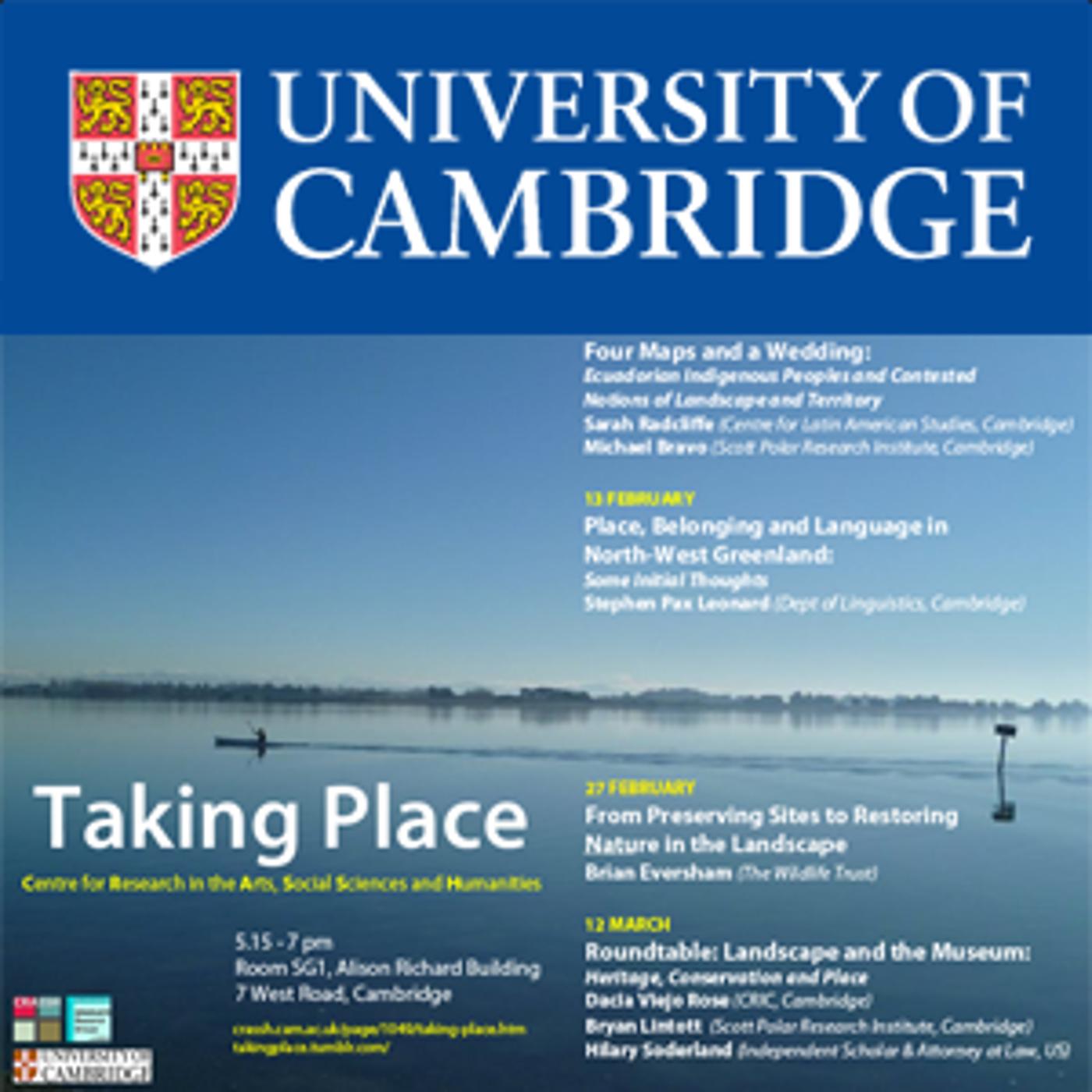Taking Place - 25 February 2013 - Living Dangerously: The Politics of Risk in Bogotá, Colombia
Update: 2013-03-05 1
1
Description
Dr Austin Zeiderman (Research Fellow, LSE Cities, London School of Economics and Political Science)
The majority of the world’s population is now urban, and the future of cities is increasingly becoming the focus of intense concern. Amidst heightened anxiety about global warming, terrorist attacks, natural disasters, and disease outbreaks, issues of risk and security have become central to how urban spaces are planned, built, governed, and lived. Such changes are evident throughout the so-called “megacities” of the global South, while similar logics of planning and governance are also circulating among the “modern” cities of Europe and North America. In response to this widespread phenomenon, this paper considers what happens when the rights of urban citizens are reconfigured by the political imperative to protect life from threats. It examines such situations by focusing on how the emergence of risk as a technique of government shapes urban politics in Bogotá, Colombia. Investigating the frames of political engagement within which claims for recognition, inclusion, and entitlement are made, I argue that it is within the domain of biopolitical security that poor and vulnerable populations engage in relationships with the state. To become citizens with rights, they must first be recognized as lives at risk
The majority of the world’s population is now urban, and the future of cities is increasingly becoming the focus of intense concern. Amidst heightened anxiety about global warming, terrorist attacks, natural disasters, and disease outbreaks, issues of risk and security have become central to how urban spaces are planned, built, governed, and lived. Such changes are evident throughout the so-called “megacities” of the global South, while similar logics of planning and governance are also circulating among the “modern” cities of Europe and North America. In response to this widespread phenomenon, this paper considers what happens when the rights of urban citizens are reconfigured by the political imperative to protect life from threats. It examines such situations by focusing on how the emergence of risk as a technique of government shapes urban politics in Bogotá, Colombia. Investigating the frames of political engagement within which claims for recognition, inclusion, and entitlement are made, I argue that it is within the domain of biopolitical security that poor and vulnerable populations engage in relationships with the state. To become citizens with rights, they must first be recognized as lives at risk
Comments
Top Podcasts
The Best New Comedy Podcast Right Now – June 2024The Best News Podcast Right Now – June 2024The Best New Business Podcast Right Now – June 2024The Best New Sports Podcast Right Now – June 2024The Best New True Crime Podcast Right Now – June 2024The Best New Joe Rogan Experience Podcast Right Now – June 20The Best New Dan Bongino Show Podcast Right Now – June 20The Best New Mark Levin Podcast – June 2024
In Channel





